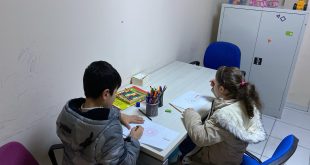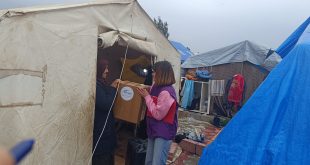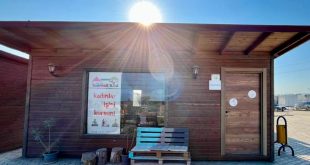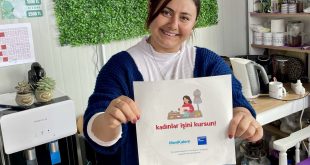We continued to implement most of the October, November and December case follow ups and consultancy services under the Child Protection Project remotely, due to the COVID-19 protection measures.
In this process, where we provide consultancy through our free hotline, we refer beneficiaries to support provided by public institutions or non-governmental organizations according to their requests. For this, we constantly follow the work of these institutions and organizations. During this period, financial support and food support were the main requests for consultancy services. We evaluated the requests from the consultancy and distributed food packages, stationery materials, baby kits, tablets and internet packages in the regions where our offices are located. With these distributions, besides supporting the beneficiaries, the opportunity was born to observe the problems in the field one by one and to produce solutions for them.
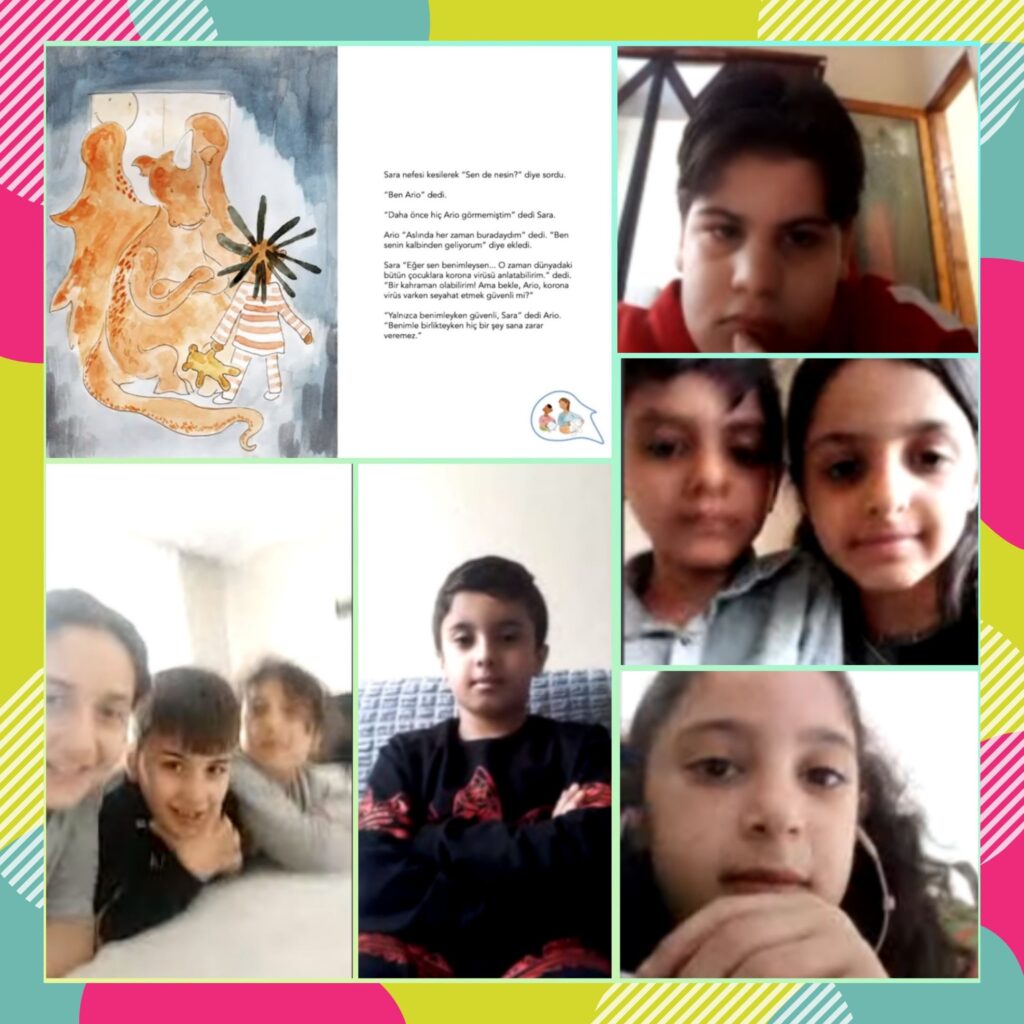
In addition, the case studies we have conducted to support children and their parents’ access to services continue online. In this process, the most common requests in case studies were school registration, identity registration, identity update, health counseling and financial support. As a result of the case interviews, we make necessary referrals to public institutions and non-governmental organizations in line with the needs of the beneficiaries. We continue to follow the case after the referrals are made.
We also continue to work to share accurate information about COVID-19, protection methods, and updates on services. We disseminate the posts we prepare through volunteer groups and on our social media accounts. We learn what information is needed through requests from our counseling lines and volunteer groups. In the past months, we shared on HES code usage, face-to-face training, EBA Support Center.
Another part of the project is the activities and information sessions with women and children. Thanks to these events, we visit the homes of the beneficiaries during the pandemic process. With these activities and information sessions, we aim to support both psychological well-being and raise awareness.
We held a recycling activity with waste materials, played games about the day of protection of animals, learned the methods of protection from COVID-19 by playing games, and held rhythm activities in our online activities with children. We also produced new items from waste materials with women and held an information session on violence against women for the 25 November Day of Combating Violence Against Women. We also held an information session with women on the effects of the pandemic on girls and gender-based discrimination for October 11, International Day of the Girl Child.
We have done 20 activities with children since the beginning of October. 277 children attended these events. We held 28 events with women and 167 women attended these events.
We met regularly with the same group of children on the online platform every month from September to December. In these meetings we talked about, the education of children; health; legislative; shelter; physical, psychological, rights to protection against sexual abuse and the Convention on the Rights of the Child. In the first session, children did not answer questions such as what their rights are, who are called children, and they said they did not know the answers. Others talked about a few basic rights such as education, play and health. At our last meeting in December, the same questions were asked to the children again, and this time they knew the articles in the children’s rights agreement.
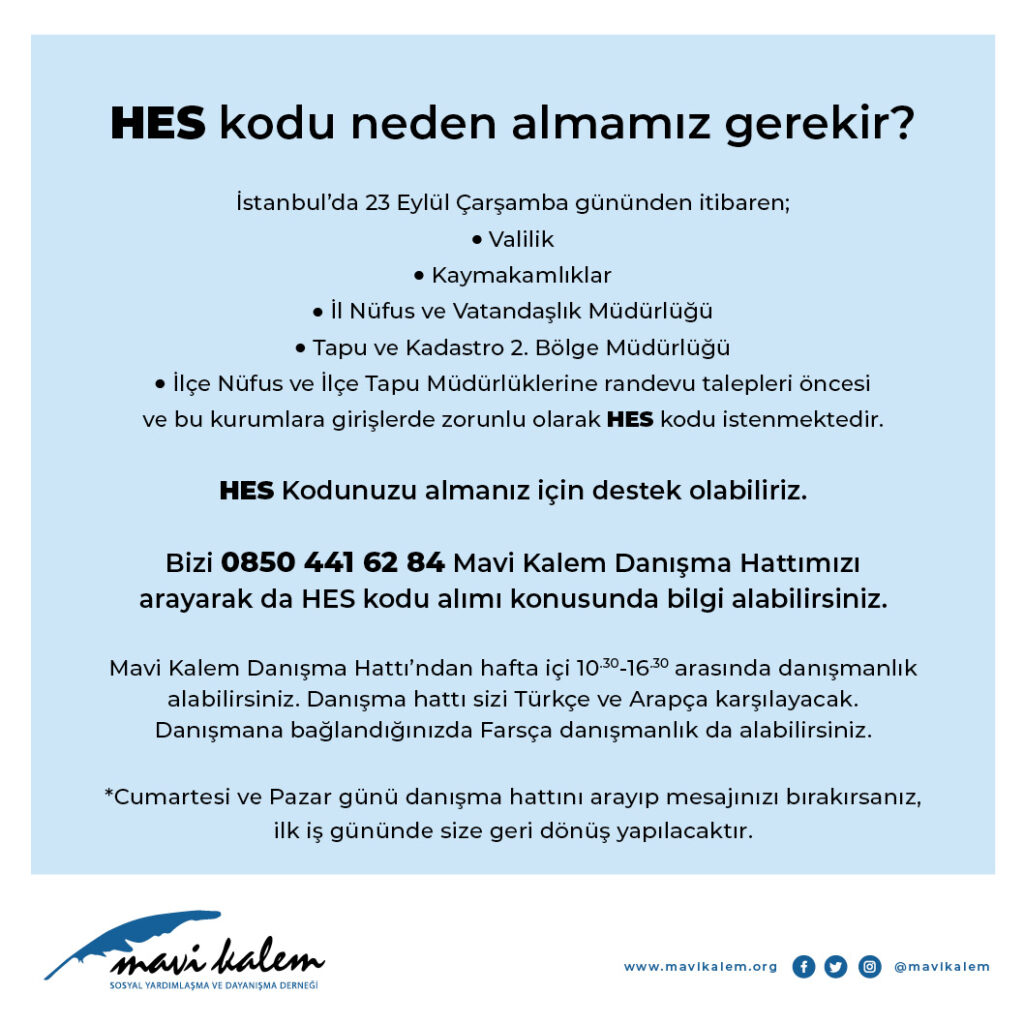
We organized workshops on combating child labor at Adana Mavi Kalem Office. We did scenario work on child labor in the workshops. We prepared individual case stories for the group members and discussed the ways to follow against possible case stories.
We aim to strengthen our teams by talking about communication with beneficiaries, activities, COVID-19 precautions and daily life at monthly supervision meetings with teams that conduct case studies and take part in activities as practitioners.
 Mavi Kalem Sosyal Yardımlaşma ve Dayanışma Derneği Hayata Rengini Kat!
Mavi Kalem Sosyal Yardımlaşma ve Dayanışma Derneği Hayata Rengini Kat!


